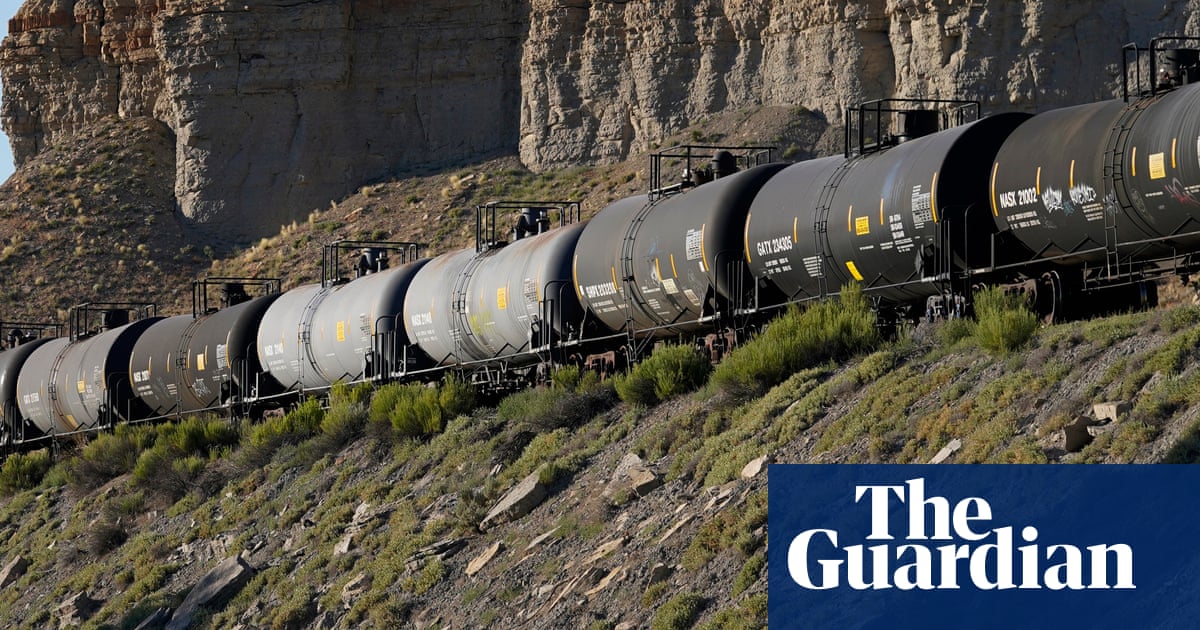TheUS supreme courtbolstered on Thursday a Utah railway project intended to transport crude oil, ruling against environmental groups and a Colorado county that had challenged its federal approval.
The 8-0 ruling overturned a lower court’s decision that had halted the project and had faulted an environmental impact statement issued by a federal agency called the Surface Transportation Board in approving the railway as too limited in scope.
A coalition of sevenUtahcounties and an infrastructure investment group are seeking to construct an 88-mile (142km) railway line in north-eastern Utah to connect the sparsely populated Uinta Basin region to an existing freight rail network that would be used primarily to transport waxy crude oil.
The case tested the scope of environmental impact studies that federal agencies must conduct under a US law called the National Environmental Policy Act, enacted in 1970 to prevent environmental harms that might result from major projects. The law mandates that agencies examine the “reasonably foreseeable” effects of a project.
The supreme court heard arguments on 10 December in the case, which has been closely watched by companies and environmental groups for how the ruling might affect a wider range of infrastructure and energy projects.
Environmental reviews that are too broad in scope can add years to the regulatory timeline, risking a project’s viability and future infrastructure development, according to companies and business trade groups.
The Surface Transportation Board, which has regulatory authority over new railroad lines, issued an environmental impact statement and approved the railway proposal in 2021.
The Center for Biological Diversity and other environmental groups sued over approval, as did Colorado’s Eagle county, which noted that the project would increase train traffic in its region and double traffic on an existing rail line along the Colorado River.
The US court of appeals for the District of Columbia circuit ruled in favor of the challengers in 2023, concluding that the environmental review inadequately analyzed the effects of increased oil production in the basin as well as downstream, where the oil would be refined.
Democratic former president Joe Biden’s administration had backed the railway coalition in the case, as did the state of Utah.
Fifteen other states supported the challengers. Colorado said its economy relies on outdoor recreation, and that the project raises the risk of leaks, spills or rail car accidents near the Colorado River’s headwaters.
Conservative justice Neil Gorsuch recused himself from the case after some Democratic lawmakers urged his withdrawal because businessman Philip Anschutz, his former legal client, has a financial interest in its outcome.
